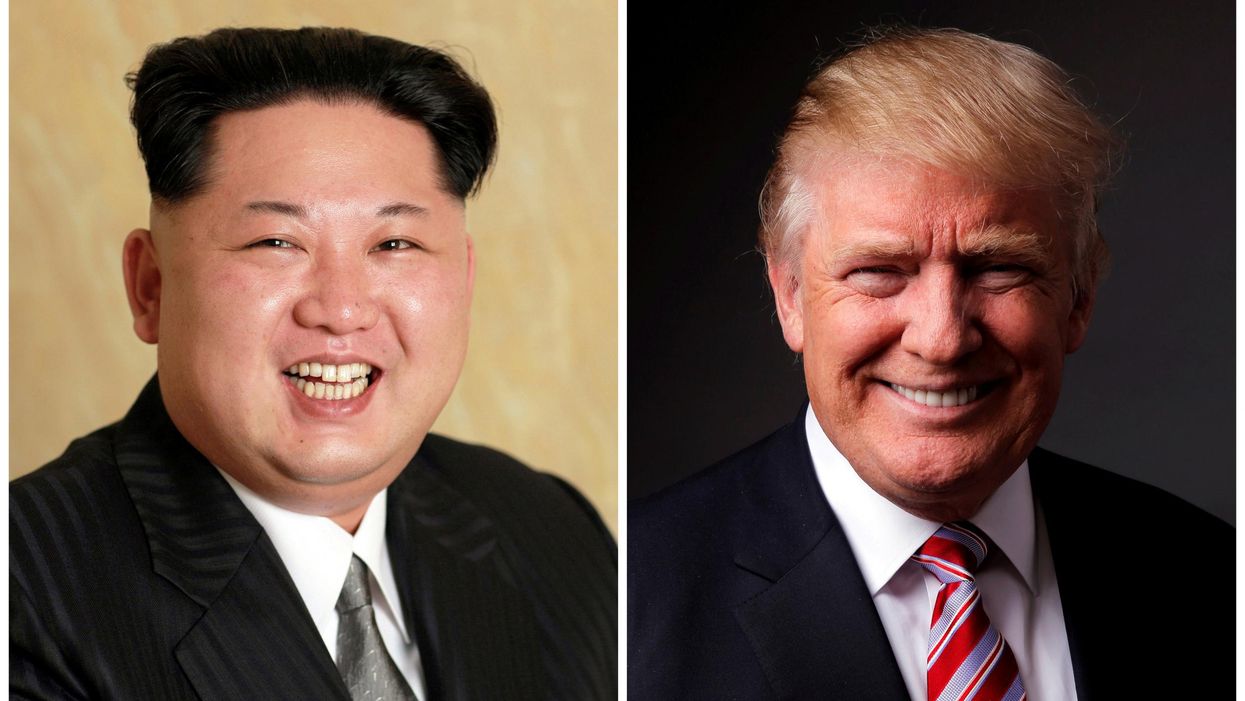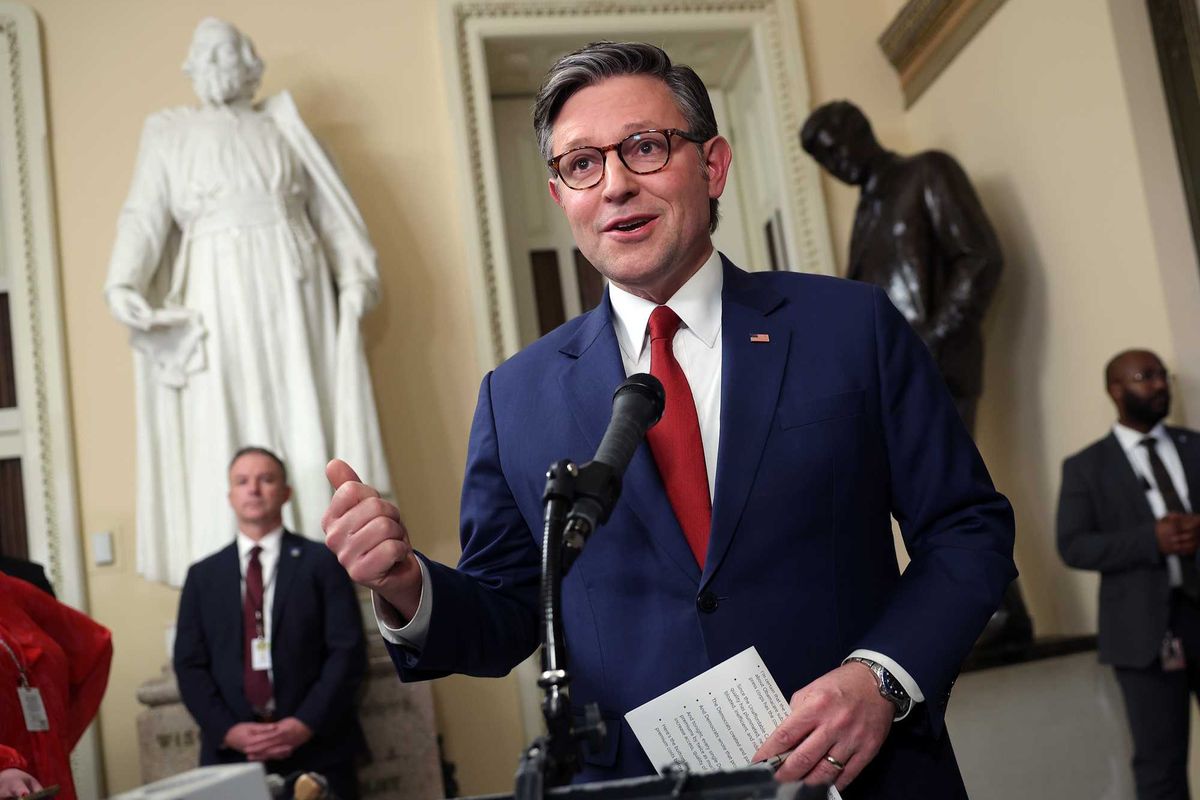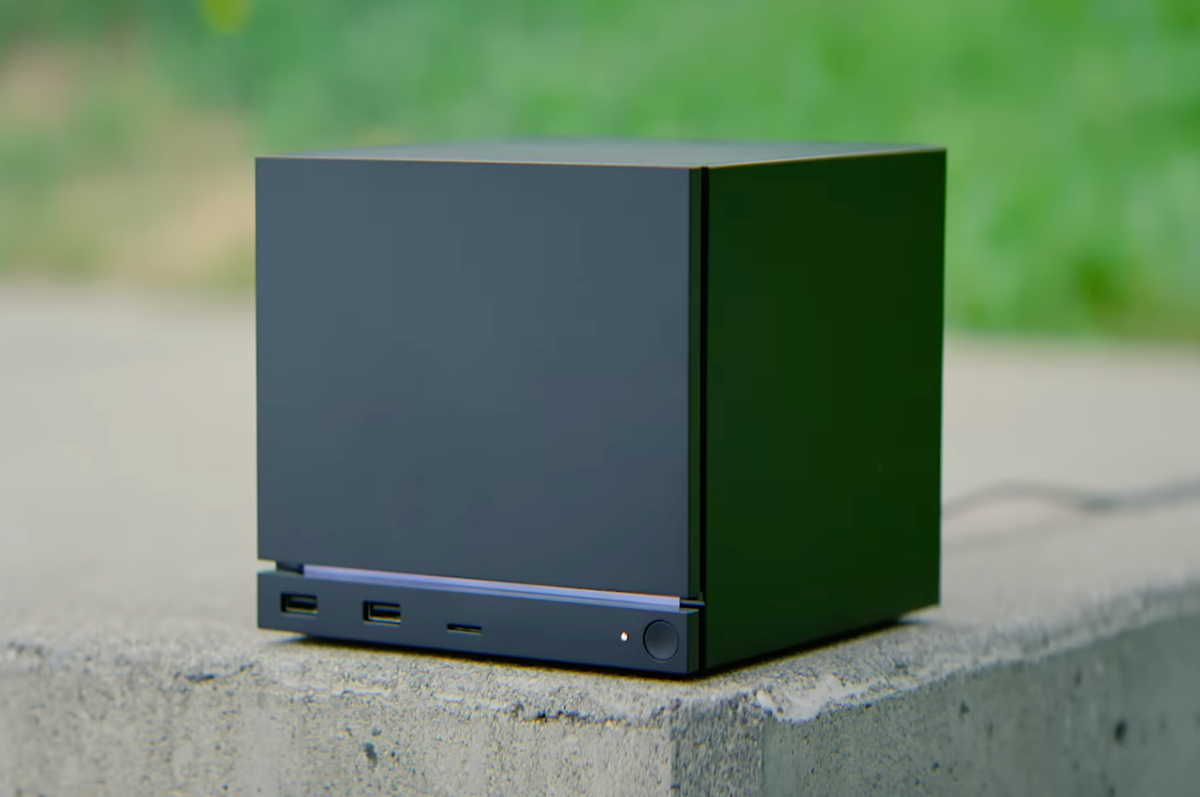News
Harriet Marsden
May 09, 2017

Picture:
Reuters / Lucas Jackson
North Korea openly declares that the US is its main enemy. But why?
As tensions grow between Kim Jong-un and Donald Trump, conflict between the US and North Korea appears to be tangible.
From both sides, we are seeing threatening rhetoric and intimidating displays of missiles and military strength.
Many now believe that nuclear warfare between the two nations is a distinct possibility.
The US is arguably accustomed to foreign intervention, as well as deciding who can and can't possess nuclear weapons.
But why does the isolationist and obsessively-private North Korea hold such hostility towards America?
To begin to answer that question, you have to go back almost two hundred years and look at the whole history of US-North Korean relations...
General Sherman
In the mid-19th century, Korea closed its borders to Western trade.
The isolationist Joseon Dynasty collided with the US, resulting in the 'General Sherman incident'.
In 1866, the US sent a merchant steamer called General Sherman to Korea to negotiate a trading treaty, although some Koreans claimed that the real purpose was to plunder treasure from the royal tombs near Pyongyang, due to the boat being suspiciously heavily armed.
Although events are significantly disputed, it's generally thought that Korean forces attacked the boat because it passed into Pyongyang without permission while firing cannons.
The incident is often seen as an example of American interventionism and arrogance, and was even commemorated by a North Korean postage stamp in 2006.
The Shinmiyangyo
In retaliation, the US mounted an expedition to Korea in 1871, known as the Shinmiyangyo, or the Korean Expedition - their first military action in Korea, but not their last.
American land and naval forces arrived on the island of Ganghwa, claiming to represent diplomatic delegations, trade relations, and to find out what happened to the General Sherman.
However, Korean policy dictated that foreign ships were not allowed to sail on the Han River, and so this expedition resulted in an armed conflict.
More than 200 Koreans were killed - but only three Americans. After the expedition, Korea became increasingly isolationist and wary of foreigners, refusing to negotiate with the US for more than a decade.
South / North Korea partition
The Allied victory in World War II ended the Japanese Empire's rule of Japan, and many Koreans demanded independence.
Korea was however, divided into North, occupied by the USSR, and the South, occupied by the US and UN elections.
This was supposed to be temporary, but hostilities between Russians and Americans increased with the onset of the Cold War, the US chose to occupy South Korea with a military government.
Cold War politics, Communism and Capitalism
In 1948, Kim Il-sung announced the Democratic People's Republic of Korea in North Korea.
The Soviet Union immediately recognised its legitimacy, due to shared values of Communism and collectivism.
However, the US did not diplomatically recognise the DPRK, and still does not. Instead, it issued economic sanctions against them, which lasted until 2008.
For their part, North Koreans increasingly viewed the US as connected to the capitalist and imperialist culture of Japan.
Korean War
Hostilities between the Soviet Union and the US led to increasingly bloody conflicts along the border, until eventually in 1950 North Korean forces invaded the South.
Americans entered the war on behalf of South Korea, in reality to battle the spread of Soviet Communism.
After the war, a four-kilometre-wide border zone was established between the two states, known as the Korean Demilitarised Zone (DMZ).
North Korean attitudes towards the US, which were already negative, significantly deteriorated.
Nearly five million died during the Korean War, with more civilian casualties than World War II or Vietnam.
The current regime stresses the atrocity of the war crimes committed during the conflict. They claim that soldiers ripped limbs off innocent citizens and hung them from trees.
North Korea claims that the US Air Force killed 20 per cent of its population with bombs and napalm.
Bush Administration
President George W Bush repeatedly referred to an 'axis of evil' - Iran, Iraq and North Korea.
He claimed that all three countries owned weapons of mass destruction, and put North Korea on the list of state sponsors of terrorism.
This was seen in North Korea as a declaration of war.
Obama Administration
In 2010, the Republic of Korea Navy's Cheonan warship sank off the coast of Korea.
An investigation by South Korea, the US, the UK and others concluded that it had been sunk by a North Korean torpedo, which killed 46 people and resulted in international condemnation.
North Korea denied this, claiming that the sinking was an accident.
Then, in 2010, the official North Korean news agency accused the US of manipulating the investigation, and Obama for using the case to increase instability in the Asia-Pacific region.
After Kim Jong-il's death in 2011, his successor Kim Jong-un announced that it would launch a satellite to mark the 100th anniversary of Kim Il-sung's birthday.
However, the US feared this because satellites are technologically equivalent to missiles, and suspended food aid in retaliation.
As the US believed that North Korea were developing long-range ballistic missiles to hit the West Coast, in 2012 they deployed troops to the territory of Guam as a missile defence system.
The US continues to maintain a military presence in South Korea, including nuclear weapons, and engages in what the North sees as threatening military exercises.
Trump Administration
After Trump deployed missile strikes in Syria as a response to chemical attacks, tensions between Pyongyang and the White House increased dramatically.
Following several displays of military strength and missile tests, the US sent warships to the region and began installing an anti-missile system in South Korea: the Terminal High-Altitude Area Defence system (Thaad).
North Korea were furious at what it sees as continued US interventionism and aggression.
Americans themselves
According to Gallup's latest annual World Affairs survey from 2015, 87 per cent of Americans have a negative view of North Korea.
The 2014 BBC World Service poll reported 90 per cent with a negative view.
That's hardly going to endear a positive North Korean response.
Cultural clash and regime propaganda
For decades, North Korea has reportedly taught its children to stab effigies of US soldiers and hate US imperialism, never forgetting the destruction and war crimes of the Americans during the Korean War.
The Kim family dynasty obsessively disseminates propaganda to its people, and the focus on hating the West helps rationalise massive military spending even while its people starve.
Consider also the paranoia of an insecure, isolationist nation like the DPRK, which yearns for international legitimacy even while it scorns diplomatic relationships.
When you consider all the history, politics and culture, the antagonism of North Korea towards the US can hardly come as a surprise.
More: It took 10 minutes to explain to Trump that North Korea is 'complicated'
More: 8 things that are great about North Korea... according to the British YouTuber who went
Top 100
The Conversation (0)













